Today, effective budgeting is crucial for businesses looking to maximize their online presence and achieve optimal results through digital marketing strategies. Allocating resources strategically can make a significant impact on the success of your campaigns. Digital Arab provides a comprehensive guide on how to professionally budget your digital marketing spend to drive growth and achieve a high return on investment (ROI).
Understanding Digital Marketing Budget
Before diving into the intricacies of budgeting, it’s important to understand the concept of a digital marketing budget. Simply put, it is the financial plan that outlines how much you are willing to invest in various digital marketing channels and campaigns over a specific period. This budget typically includes costs associated with advertising, content creation, SEO, social media, email marketing, and more.
Setting Clear Goals
The first step in budgeting your digital marketing spend professionally is setting clear goals. Determine what you want to achieve through your digital marketing efforts. Are you aiming to increase website traffic, generate leads, boost online sales, or enhance brand visibility? Clearly defining your goals will help you allocate your budget more effectively.
Analyzing Past Performance
To optimize your budget, analyze your past digital marketing performance. Review key metrics such as website traffic, conversions, click-through rates, and cost per acquisition. Identify which channels and campaigns have yielded the best results and allocate a larger portion of your budget to those areas. Conversely, assess underperforming strategies and consider reallocating funds accordingly.
Allocating Budget for Different Channels
Next, determine how to distribute your budget across different digital marketing channels. Each channel plays a unique role in reaching your target audience. Allocate a portion of your budget to paid advertising platforms like Google Ads or social media ads. Additionally, allocate resources to content creation, SEO, email marketing, and social media management. Striking the right balance will maximize your reach and engagement.
Prioritizing Channels and Campaigns
When allocating your budget, prioritize channels and campaigns based on their potential impact and alignment with your goals. Invest more in channels that have historically performed well or show high potential. For example, if you have a strong presence on Facebook and your target audience is active there, consider allocating a larger portion of your budget to Facebook advertising.
Researching Costs and ROI
Conduct thorough research on the costs associated with various digital marketing channels and campaigns. Understand the average cost per click (CPC) for paid advertising, the cost of content creation, and the expected return on investment (ROI) for different strategies. This information will help you make informed decisions when budgeting your digital marketing spend.
Testing and Optimization
Budgeting for testing and optimization is essential. Experiment with different ad creatives, landing pages, and targeting options to find what works best for your audience. Allocate a portion of your budget to test new strategies and optimize your campaigns based on the data and insights you gather. Continual testing and optimization will ensure your budget is allocated wisely.
Monitoring and Adjusting
Once you have implemented your digital marketing campaigns, closely monitor their performance. Regularly review key metrics and adjust your budget as needed. If certain channels or campaigns are not delivering the desired results, consider reallocating funds to more successful strategies. Staying agile and adaptable will help you make the most of your digital marketing budget.
Tracking and Reporting
Implement robust tracking and reporting systems to measure the effectiveness of your budget allocation. Utilize tools like Google Analytics and marketing automation platforms to track conversions, traffic sources, and user behavior. Generate regular reports that provide insights into the performance of your digital marketing initiatives. Use this data to make data-driven decisions and refine your budgeting strategies.
Hiring Professionals vs. In-House Team
Decide whether to hire professionals or build an in-house team for your digital marketing efforts. Outsourcing to professionals, such as digital marketing agencies, can provide expertise and save time. However, an in-house team may offer more control and flexibility. Consider the pros and cons based on your business needs and budgetary constraints.
Tools and Technologies for Budget Management
Leverage various tools and technologies available for efficient budget management. Use project management tools to track expenses, create budgets, and manage tasks related to your digital marketing campaigns. Employ marketing automation platforms to streamline processes and monitor campaign performance. These tools can help you optimize your budget and streamline your operations.
Leveraging Data and Analytics
Make data-driven decisions by leveraging the power of data and analytics. Use analytics platforms to gain insights into audience behavior, demographics, and preferences. Analyze customer journeys to identify gaps and optimize your budget allocation accordingly. Data-driven decision-making will help you maximize the effectiveness of your digital marketing spend.
Tips for Effective Budgeting
Here are a few tips to ensure effective budgeting for your digital marketing spend:
- Start with a realistic budget based on your business goals and available resources.
- Continuously monitor and adjust your budget based on performance metrics.
- Stay updated on industry trends and adjust your strategies accordingly.
- Invest in ongoing learning and development to stay ahead in the digital marketing landscape.
- Seek feedback from your audience and adapt your strategies to meet their needs.
Budgeting your digital marketing spend professionally is crucial for achieving success in the online marketplace. By setting clear goals, analyzing past performance, allocating budget strategically, and leveraging data-driven insights, you can optimize your digital marketing efforts and achieve a high return on investment. Remember to stay agile, test new strategies, and adapt your budget allocation based on the evolving needs of your audience.
FAQs
How often should I review and adjust my digital marketing budget?
It’s recommended to review and adjust your digital marketing budget at least quarterly, but more frequent adjustments may be necessary depending on campaign performance and market dynamics.
Should I allocate more budget to paid advertising or organic strategies?
The allocation of budget between paid advertising and organic strategies depends on your specific goals, target audience, and the competitive landscape. A combination of both can often yield the best results.
How can I measure the ROI of my digital marketing campaigns?
To measure ROI, track key metrics such as conversions, sales, and customer acquisition costs. Compare the results against the investment made in each campaign to calculate ROI accurately.
What are some cost-effective digital marketing channels for small businesses?
Social media marketing, content marketing, and email marketing are generally cost-effective digital marketing channels for small businesses. They offer high potential for reaching and engaging target audiences without significant budget requirements.
Is it possible to budget effectively for digital marketing on a limited budget?
Yes, it’s possible to budget effectively for digital marketing even with limited resources. Prioritize channels that align with your goals, focus on targeted campaigns, and leverage cost-effective strategies like content creation and social media marketing.


